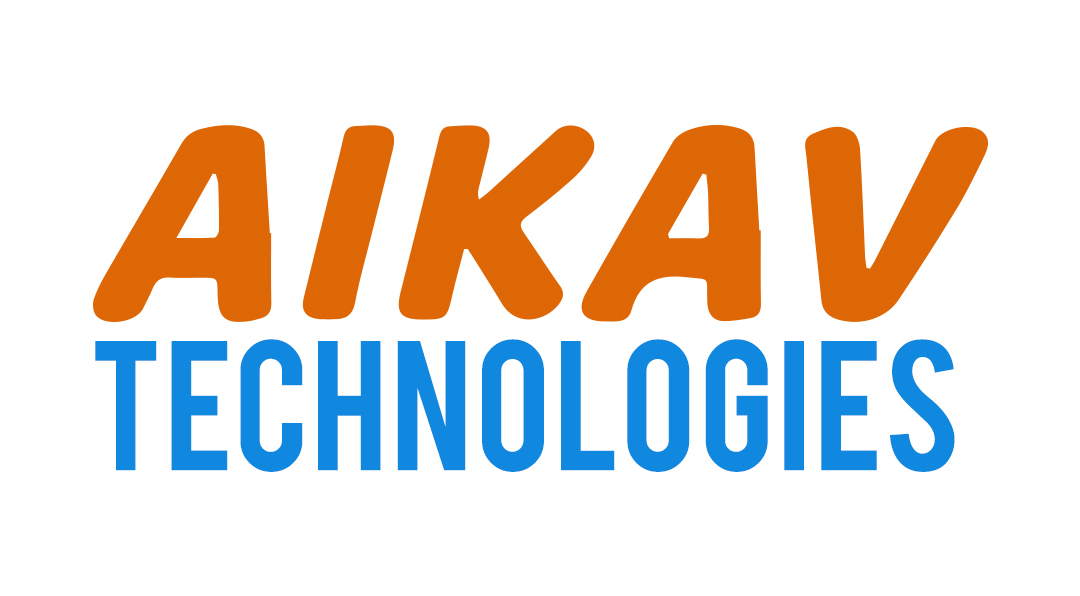Understanding PHP Frameworks: Top Options for Web Development
PHP has been the backbone of web development for over two decades, powering popular platforms like WordPress, Drupal, and Magento. While developers can write PHP applications from scratch, using a framework speeds up development, enhances security, and enforces best practices. Frameworks provide structured code, reusable components, and built-in tools that make it easier to create scalable and maintainable applications.
In this blog, we’ll explore the importance of PHP frameworks, their benefits, and the top options available for developers in 2025.
PHP Open Source Evolution: Driving the Community Forward in 2025
The PHP ecosystem has always thrived on open source collaboration. From frameworks and libraries to tools and platforms, the success of PHP is directly tied to the passion and dedication of its community. In 2025, new initiatives and sponsorships are shaping the way PHP grows, ensuring the language remains relevant, modern, and community-driven.
Staying Current with Drupal’s Plugin API Evolution: Adapting Tutorials for PHP Attributes
Drupal's Plugin API has been a key part of its flexibility and extensibility, allowing developers to add custom functionality in a clean and modular way. With the release of modern PHP features, such as PHP attributes, Drupal is evolving to improve the way plugins are defined and managed. This change introduces a cleaner, more efficient way to work with plugins, as it moves away from docblock annotations and embraces a more native PHP approach.
Key Enhancements and Changes in PHP 8.4
PHP 8.4 was released a little over two months ago, on November 21, 2024. Now seems like the perfect time to dive into some of the key features of this release, so let’s take a closer look at what’s new. This overview will touch on several important updates without getting into every detail, as there’s a lot to explore.
Here’s what I’ll be covering in this post:
What's New in PHP 8.4: Key Features, Updates, and Deprecated Elements
PHP 8.4, released on November 21, 2024, introduces several significant features and changes aimed at enhancing code quality, performance, and developer experience. Here's an overview of the key updates:
1. Property Hooks
Property hooks allow developers to define custom behavior for property access and modification directly within the class, eliminating the need for traditional getters and setters. This feature simplifies class design and enhances maintainability. citeturn0search0
2. Asymmetric Visibility
PHP 8.4.4: Latest Version Released
The latest version of PHP is 8.4.4, which was released on February 13, 2025. PHP 8.4 is the current development branch for new features and major changes. [1, 2]
PHP version release dates [3]
• PHP 8.4: Released on November 21, 2024
• PHP 8.3: Released on November 23, 2023
• PHP 8.2: Released on December 8, 2022
• PHP 8.1: Released on November 25, 2021
New features in PHP 8.3 [1, 4]
PHP 8.4 Released with Property Hooks, Simplified Class Instantiation, and More Enhancements
"PHP 8.4 Released with New Array Find Functions, Property Hooks, Simplified Class Instantiation, and More"
# New Array Find Functions in PHP 8.4
PHP 8.4 introduces new array find functions, including: - `array_find()` - `array_find_key()` - `array_any()` - `array_all()`
PHP Property Hooks
Property hooks in PHP are inspired by languages like Kotlin, C#, and Swift. The syntax includes two variants, resembling short and multi-line closures.
